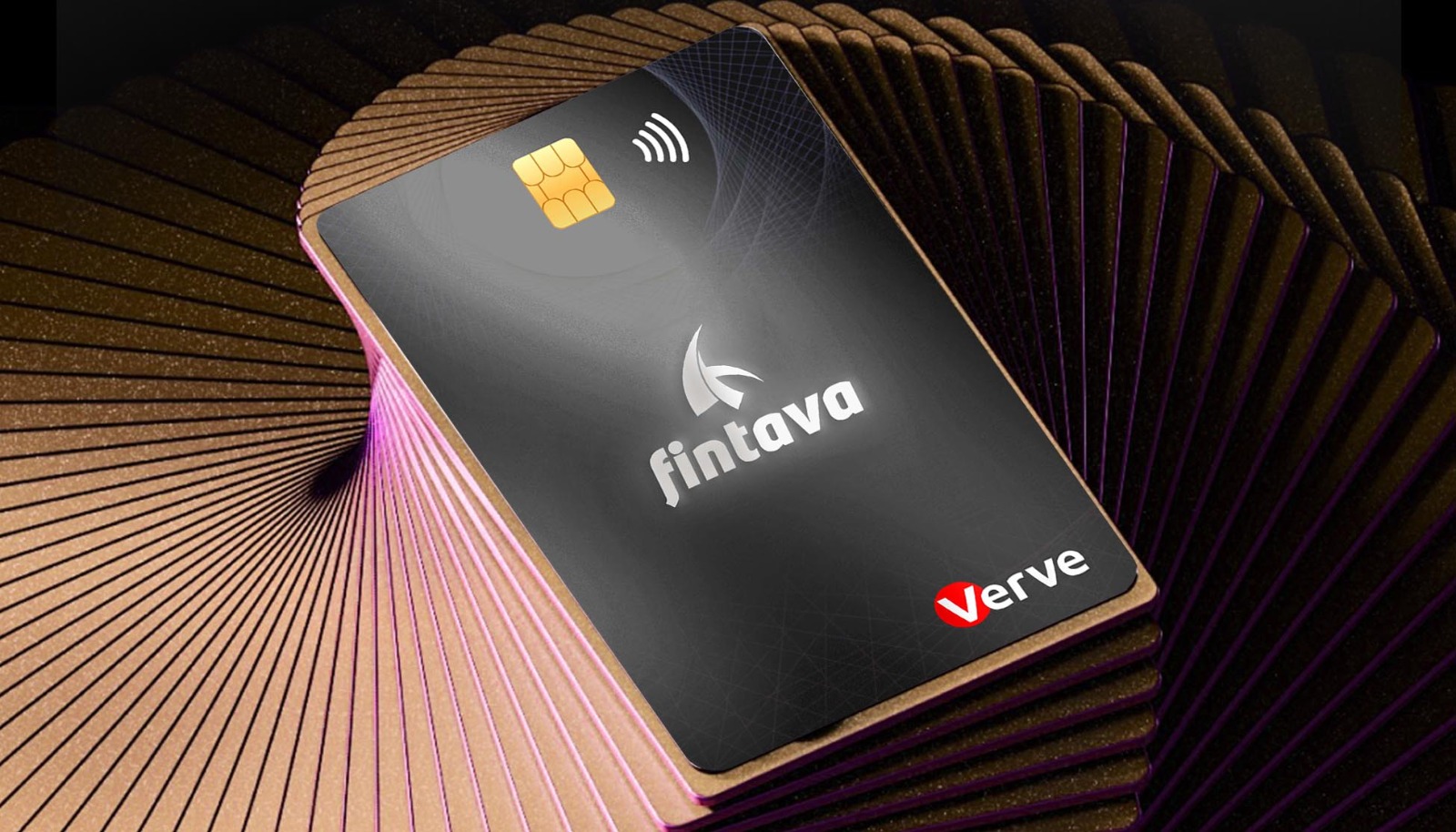Cards are the most common payment method globally. 6.15 million card payments happen every hour 102,450 per minute, and 1,708 per second. In Nigeria, card transactions went up to ₦1.01 trillion a significant increase from the ₦930.76 billion volume in June 2024 and ₦923.37 billion in July 2023.
The shift toward a cashless economy accelerates this trend, with more consumers relying on physical and virtual cards for everyday transactions. As 2025 unfolds, the stage is set for an unprecedented surge in card payments, presenting businesses with a unique opportunity to tap into this growing market and redefine their payment strategies.
A global and local overview of card payment trends
Globally, the use of card payments has witnessed exponential growth over the past decade. According to a report by the World Bank, cashless transactions are increasing at an annual rate of over 12%, with card payments leading the charge.
In developed economies, the convenience of virtual cards, contactless payments, and digital wallets has reduced reliance on cash, creating an ecosystem where physical and virtual cards dominate.
Emerging technologies such as biometric authentication and tokenisation have also bolstered trust and security in card transactions, further driving their adoption. The global shift towards digital transactions is clear, and developing nations, including Nigeria, are beginning to align with this trend.
In Nigeria, the growth in card usage is a testament to the country’s increasing digital transformation. Data from the Nigeria Inter-Bank Settlement System (NIBSS) reveals a consistent annual increase in card transactions, driven by the government’s push for a cashless economy.
However, challenges like network reliability and consumer trust have historically slowed adoption. Despite this, recent policies and technological advancements are addressing these bottlenecks, creating a more enabling environment for card payments. As more Nigerians embrace online shopping and digital services, cards—both physical and virtual—are emerging as a preferred payment method, setting the stage for unprecedented growth in 2025.
Predicting the surge in 2025
The Nigerian payment landscape is poised for a significant shift in 2025, with card payments expected to experience an unprecedented surge. This growth will be fueled by a combination of global trends, government policies, and increasing consumer demand for convenience.
For instance, as Internet penetration in Nigeria surpasses 50% and smartphone adoption continues to rise, more people will gain access to digital financial tools, including virtual cards. Additionally, the Central Bank of Nigeria’s (CBN) cashless policy, which incentivises non-cash transactions, is creating a fertile ground for card payments to thrive.
From Fintava’s vantage point as a provider of card services, the surge is already evident. In 2024 alone, the company produced over 850,000 physical cards for businesses and government entities, a number projected to skyrocket in 2025.
With over 400,000 cards slated for production in January 2025 alone, it’s clear that demand is not just growing—it’s exploding. This surge is being driven by businesses and individuals who are increasingly seeking faster, more secure, and widely accepted payment options.
The data also points to a growing trust in card payments, as more Nigerians embrace their reliability and ease of use for both in-person and online transactions.
Moreover, technological innovations are reshaping the payment ecosystem, making cards more attractive to consumers.
Contactless payment technology, for example, has gained traction globally and is starting to take hold in Nigeria, providing a faster and safer alternative to traditional card usage.
The integration of cards with digital wallets and fintech apps further enhances their appeal, allowing seamless transactions across multiple platforms. Combined with rising consumer expectations for convenience and speed, these factors ensure that card payments will dominate Nigeria’s financial landscape in 2025, reshaping how businesses and consumers interact with money.
Businesses can increase revenue with cards
The surge in card payments presents a golden opportunity for businesses to tap into this growing demand and drive revenue.
Physical cards remain highly relevant, especially for government programs, corporate services, and industries requiring identification or specialized access. For businesses, offering physical cards can generate income through issuance fees, subscription-based models, or loyalty programs tied to card usage.
On the other hand, virtual cards are rapidly gaining popularity, particularly among online shoppers and frequent travellers, as they provide secure and convenient payment options for e-commerce and international transactions.
By integrating these services, businesses can cater to a diverse audience while building customer loyalty.
Fintava’s experience in the card industry underscores the profitability of these ventures. In 2024, the company partnered with businesses and government organisations to issue over 850,000 physical cards, proving the strong and consistent demand for such services.
Beyond numbers, Fintava’s clients have leveraged these cards to enhance their service offerings, boost customer retention, and increase revenue. With demand projected to rise exponentially in 2025, businesses that invest in physical or virtual card programs will now be well-positioned to benefit from this booming market while establishing themselves as leaders in payment innovation.
While card payments are set to dominate in 2025, other forms of digital payments are also experiencing a significant surge, creating a dynamic and interconnected financial ecosystem.
Payment gateways, for instance, have become indispensable for businesses seeking to facilitate seamless online transactions, offering convenience to both merchants and customers. Similarly, wallet systems are rapidly gaining traction, enabling users to store and transfer funds digitally with ease. At Fintava, these payment methods have seen remarkable growth alongside its card services, highlighting the diverse needs of businesses and consumers.
To stay ahead of the curve, businesses must embrace the growing demand for card services and other digital payment solutions, and with Fintava’s expertise in driving this transformation, 2025 offers an unparalleled opportunity to redefine payment strategies and unlock new revenue streams in Nigeria’s evolving financial ecosystem.
Would be great to see what card payments will look like at the end of 2025, I promise to give you the load down.


